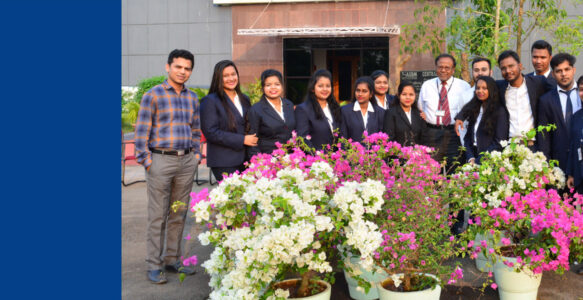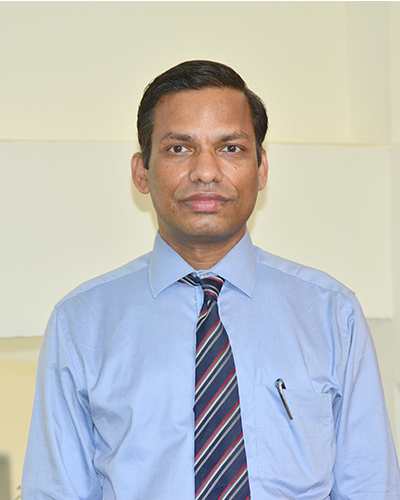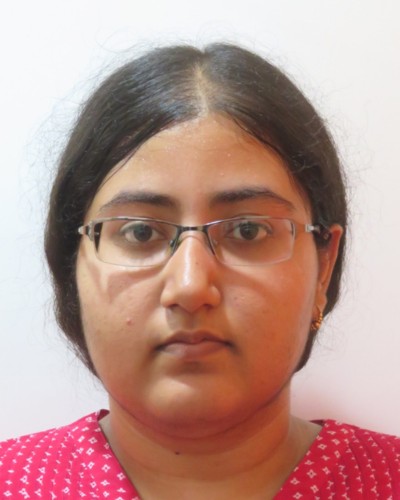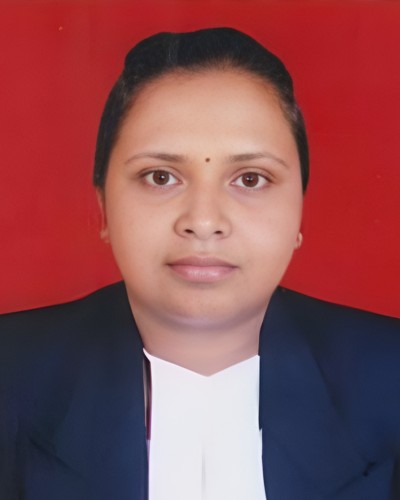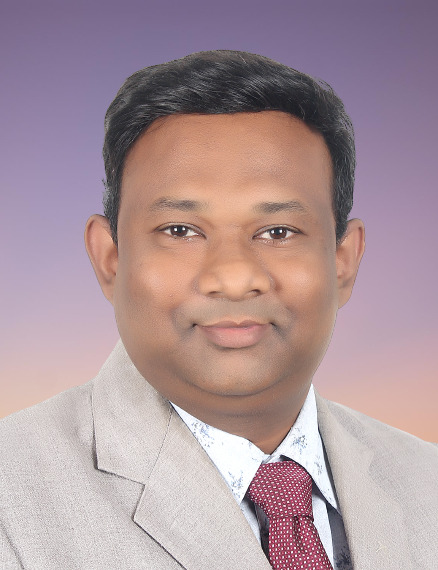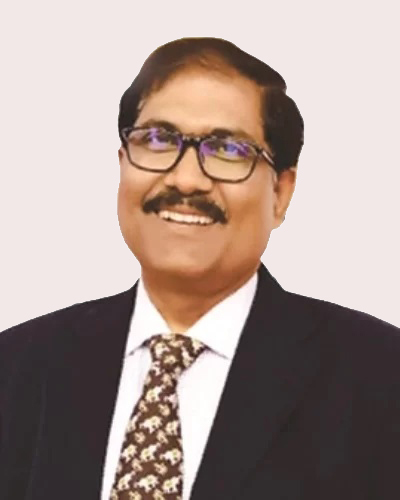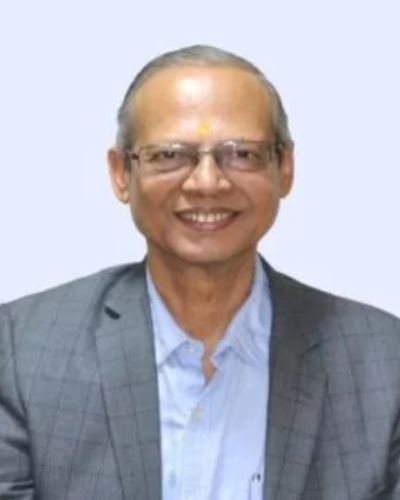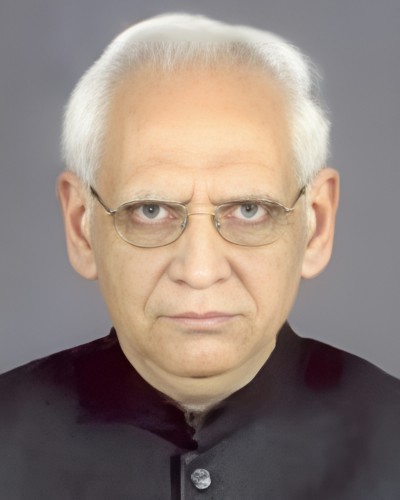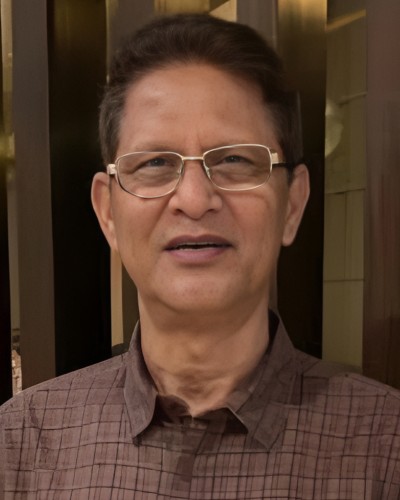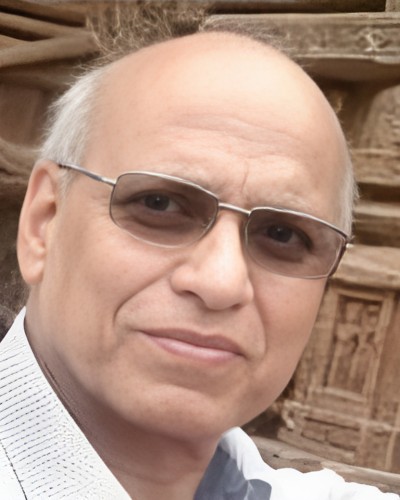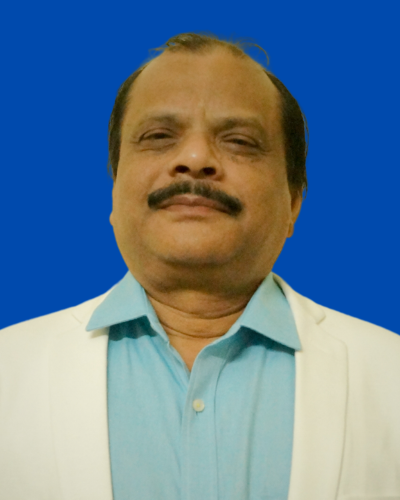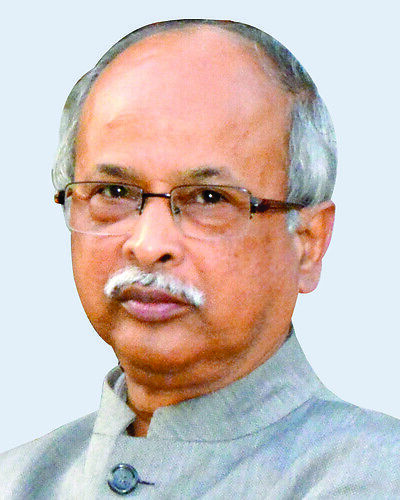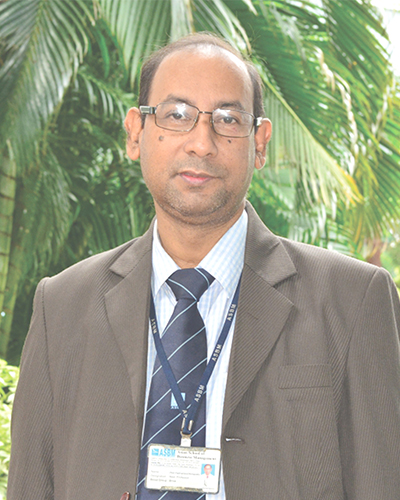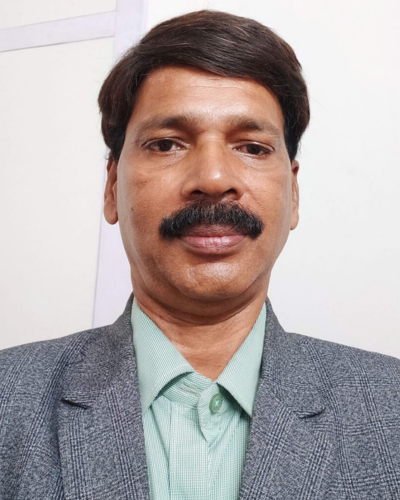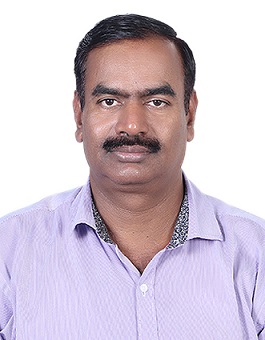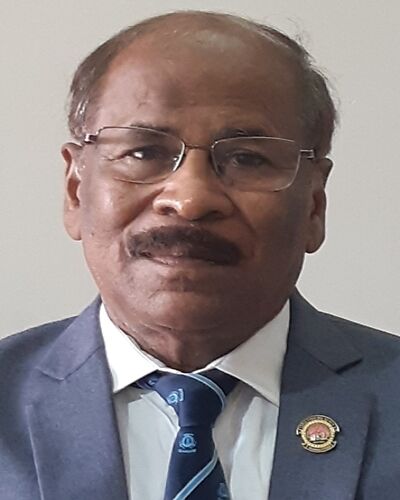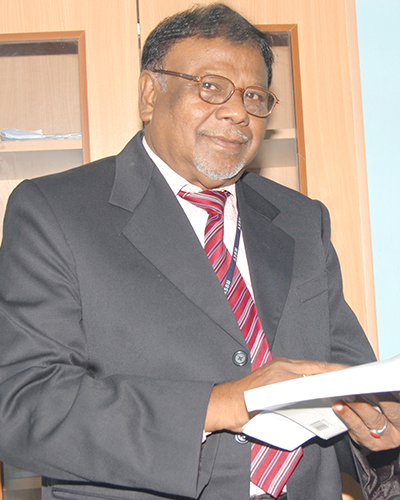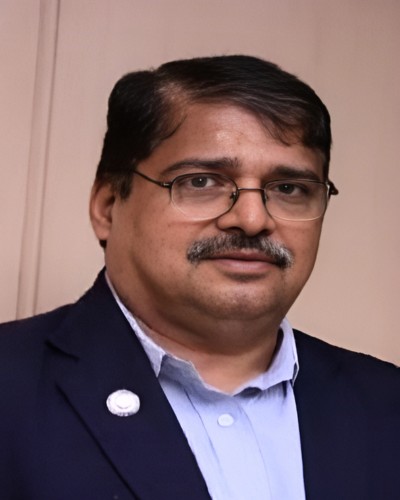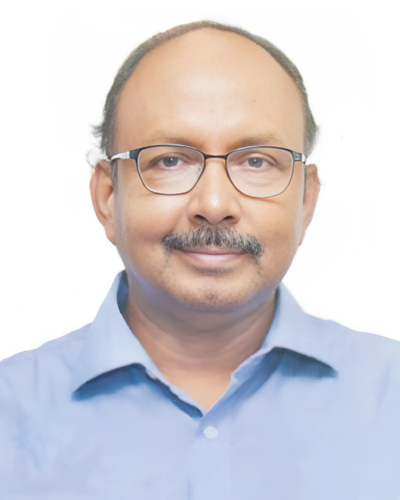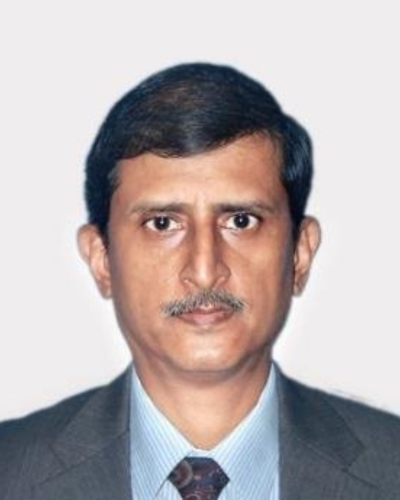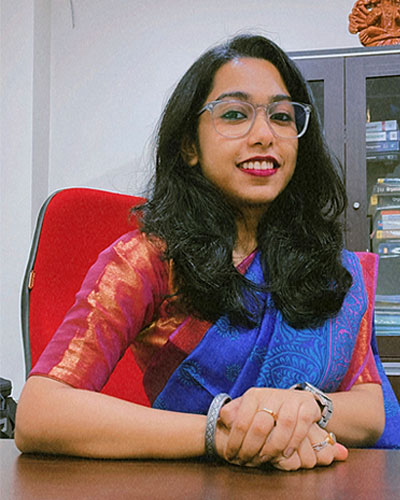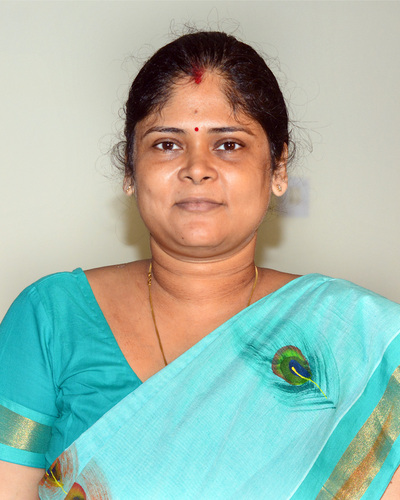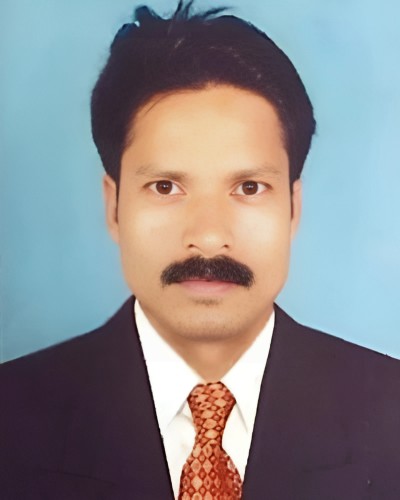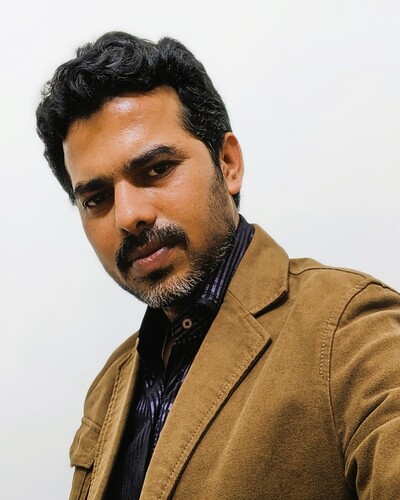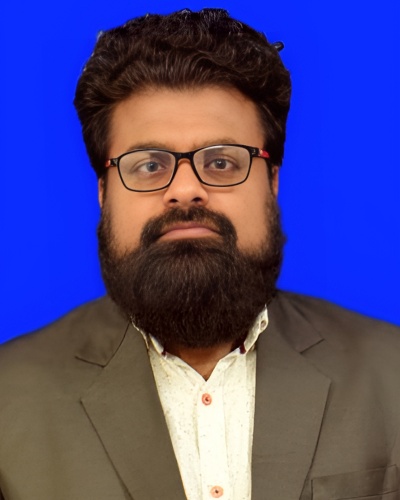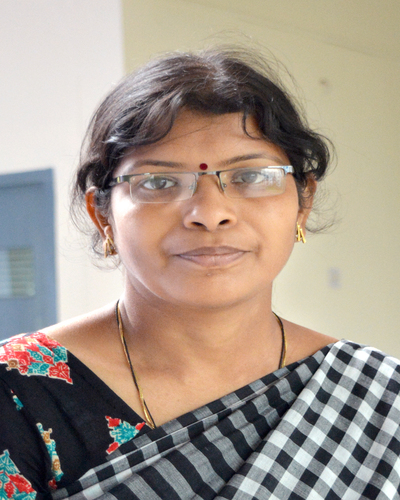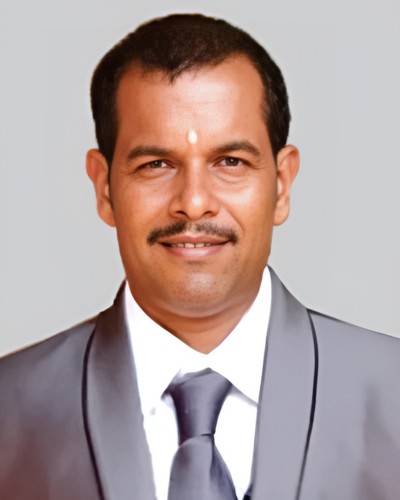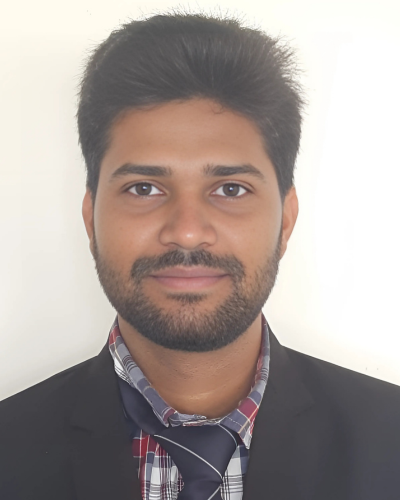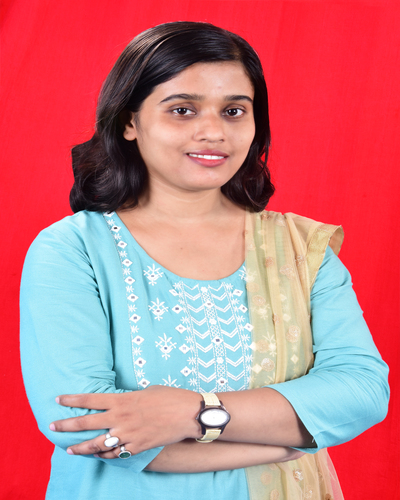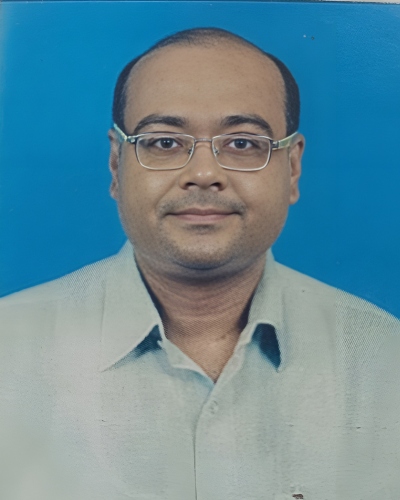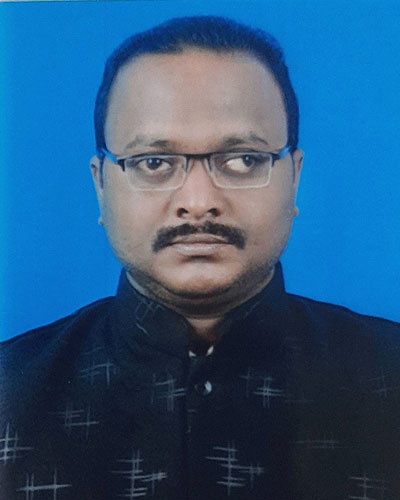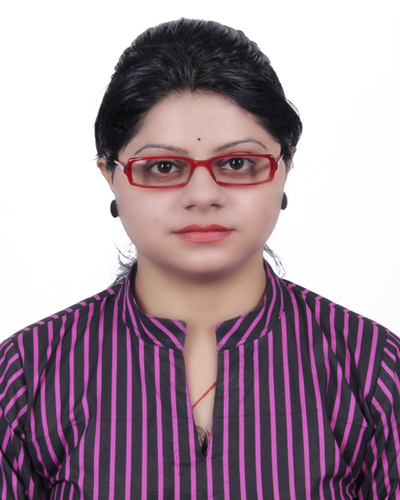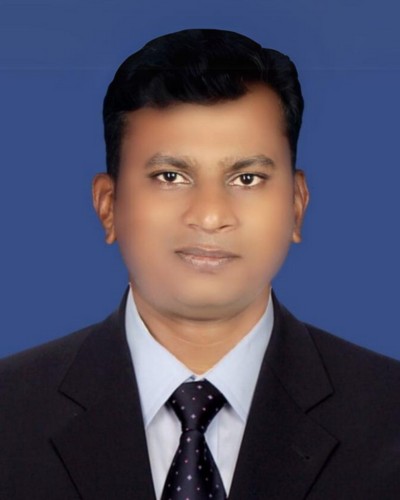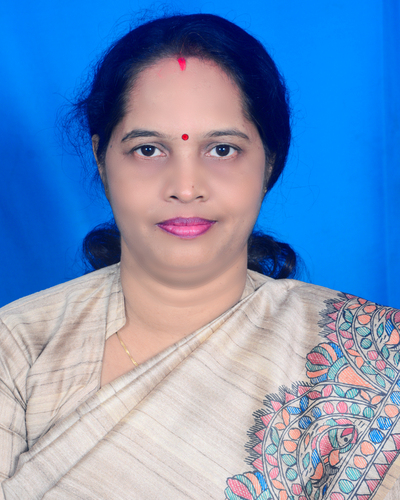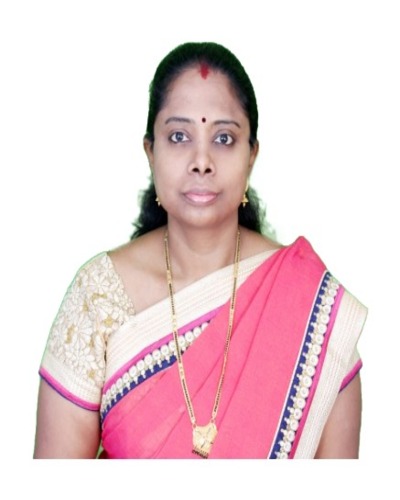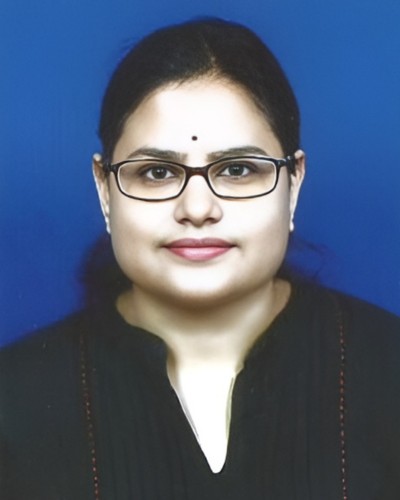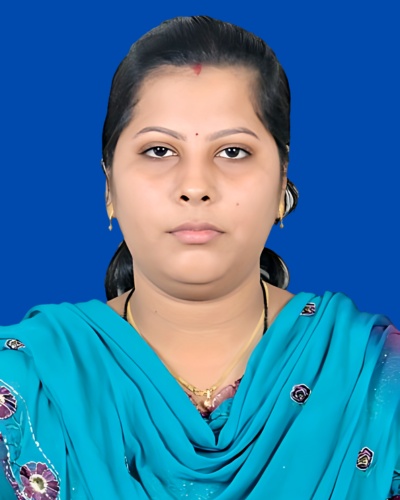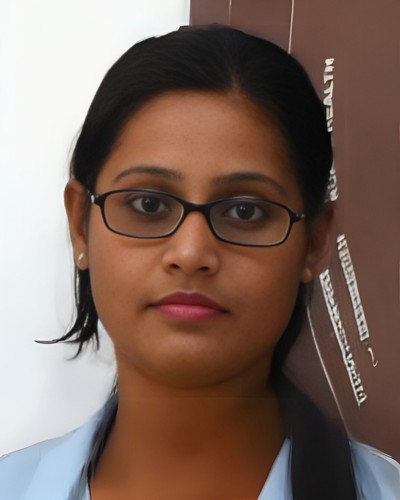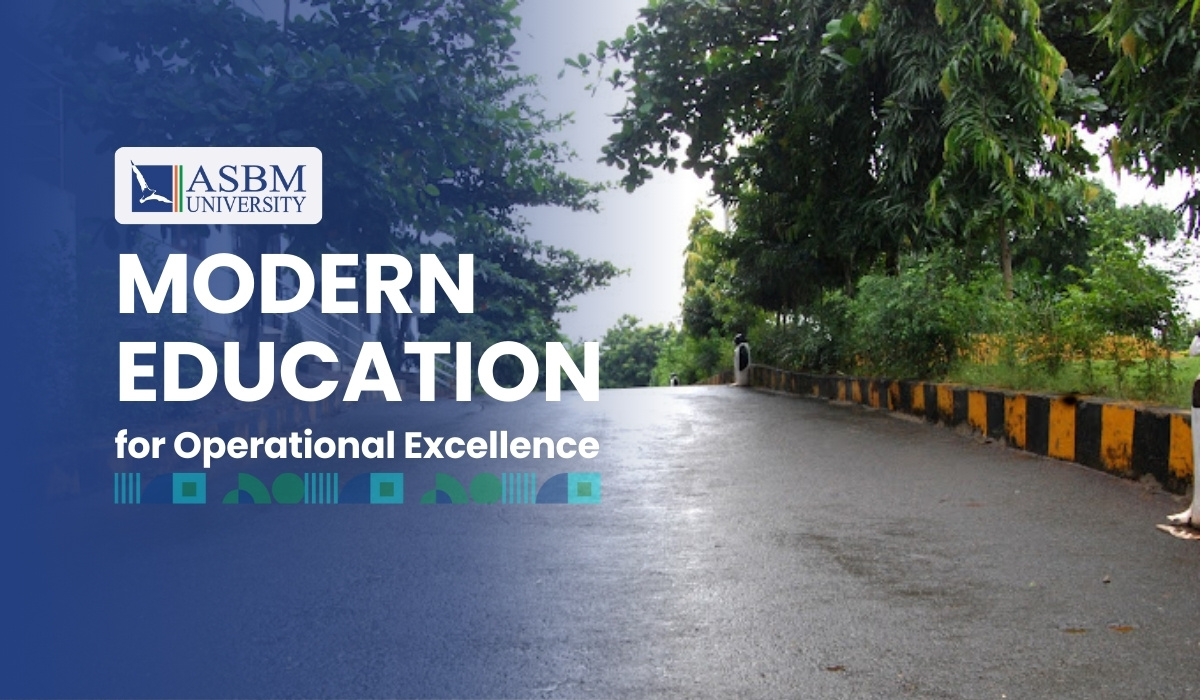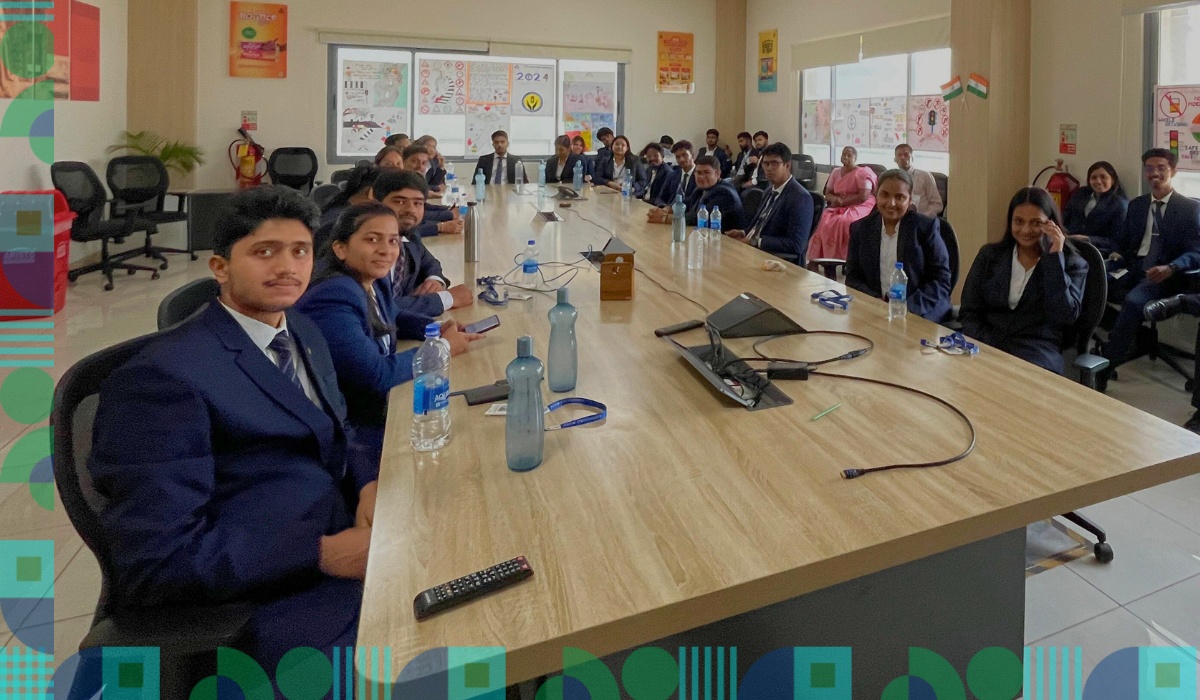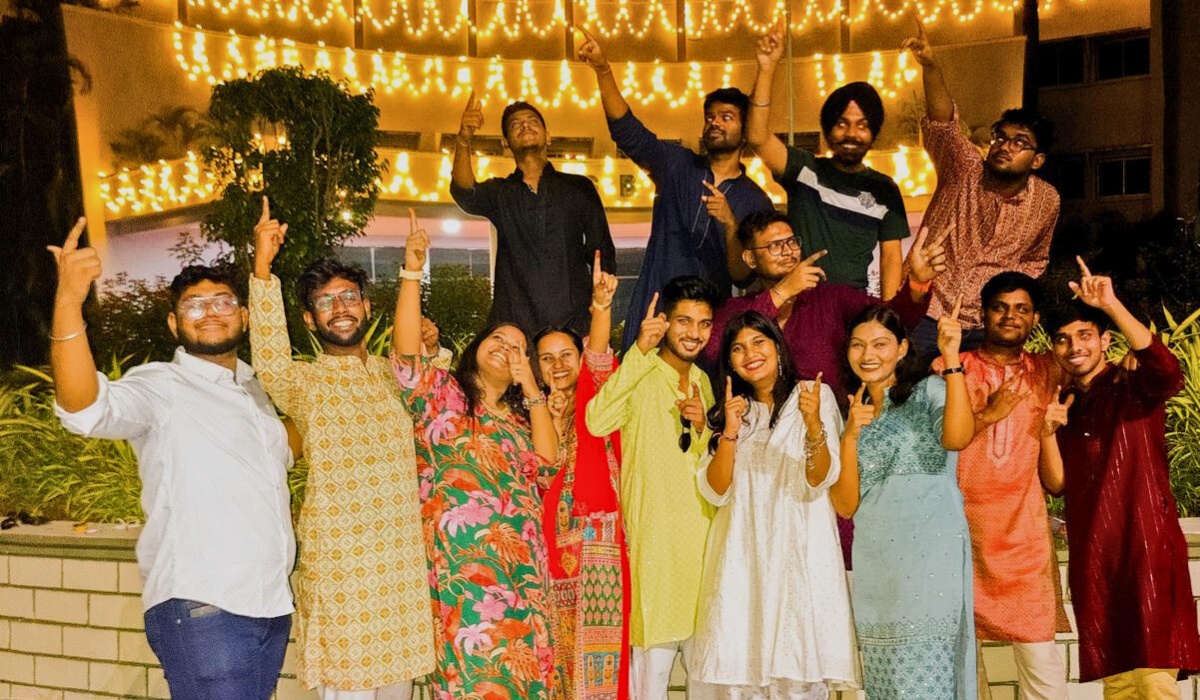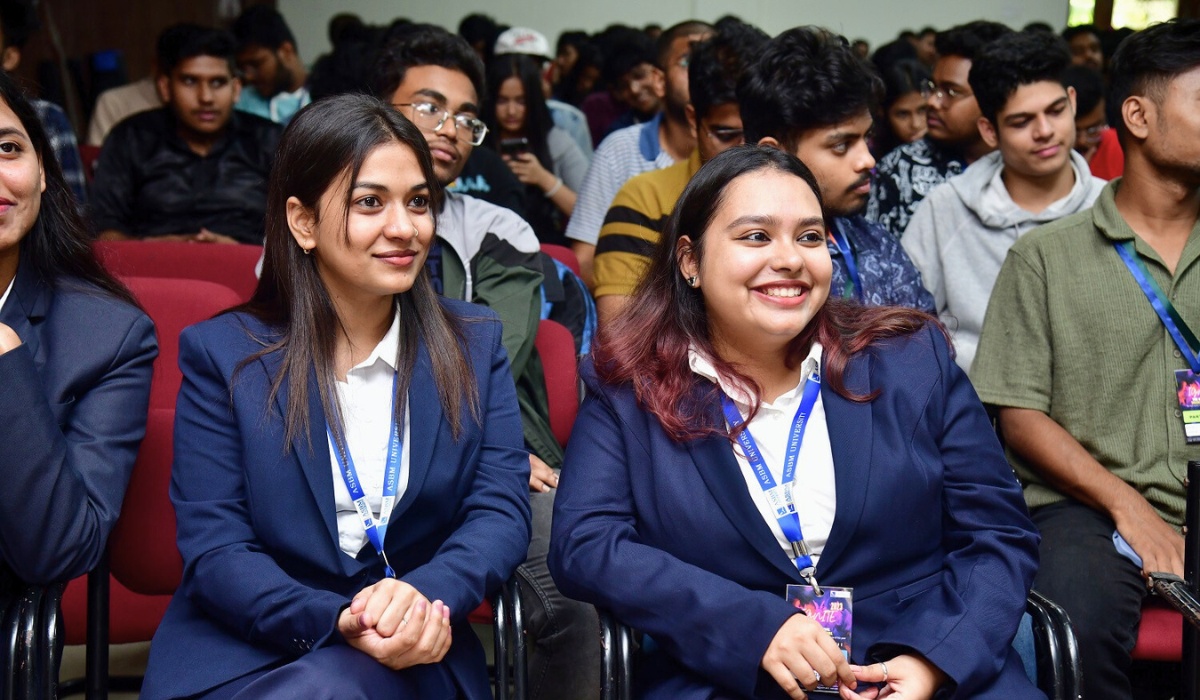Collabration
Programme Key Stats
2025
Admission Session
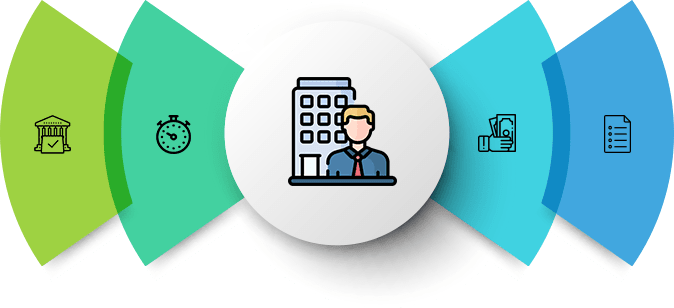
Bachelor’s degree with Minimum 50% marks in aggregate (45% for reserved category) and with valid entrance test score
Eligibility Criteria
Programme OVERVIEW
With advancement in production technology, business requires a new and improved form of operations management to help companies create dramatic improvement in customer service and reduction in cost. This is the function that turns an organisation’s resources into goods or services. Therefore, ‘Operations & Logistics & Supply Chain Management’ is considered to be an essential part of running any business. This has led to Operations & LSCM Management a specialisation in MBA.
This Operations & LSCM MBA Programme offers a global perspective on industry trends to address customer needs. With a boom in technology, innovation has led to solving age-old problems in a much more effective way. ASBM University understands this change and prepares the students to oversee the company’s day-to-day operations in an efficient and effective way.
A student earning an MBA degree in Operations & LSCM is suitable for roles in diverse sectors such as manufacturing, e-commerce, services, pharmaceuticals, wholesale trades and many more in the capacity of operations manager, purchasing manager, operations research analyst, facilities coordinator etc.

Why ASBMU For MBA Operation & LSCM
- Global Accreditation by ACBSP, USA
- Option of dual or single specialisation
- Choice Based Credit System
- IIM model choice based credit system
- Case based innovative teaching pedagogy
- Finishing school for employability
- Summer project
- Capstone/Live Projects
- Subject of Independent Study
- Excellent Hostel Facility
- Consistently Excellent Placement
Course Curriculum
A student will undergo a minimum of 80 credits of course work during the two-year Programme. The courses have been classified into credits. A course carrying 100 marks shall be equivalent to 4 credits and the course carrying 50 marks shall be equivalent to 2 credits.
The curriculum consists of 80 credits where Core Discipline courses are of 48 credits, Generic Electives are of 12 credits, Discipline Specific Electives (DSE) are of 12 credits and project is of 8 credits.
A student will undergo minimum 1320 hours of course work during the two-year Programme. The courses have been classified into credits. A course carrying 100 marks is equivalent to 4 credits and a course carrying 50 marks is to 2 credits.
The curriculum consists of 132 Credits where foundation courses are of 62 credits, subject elective courses are of 48 credits, open elective courses are of 8 credits. Summer Internship Project is of 8 credits and other non-classroom teaching courses such as research paper analysis, business sector analysis and Capstone project/ live virtual project carry 6 Credits.
The School follows an open credit system for electives. So a student has the freedom to opt for single specialisation or dual specialisation as per her/his choice. Interested students can opt for Subject of Independent Study (SIS) to undertake research study/ project and submit dissertation.
Semester - I
- Organizational Behavior
- Managerial Communication
- Accounting for Managers
- Managerial Economics
- Marketing Management
- QT for Managers
- Structure & Processes in Organization
- Business Ethics
- Finishing School Module – I
Semester – II
- Human Resource Management
- Indian Economy & Policies
- Management Information Systems
- Financial Management
- Research Methods
- Operations Management
- Legal Environment of Business
- Strategic Management
- Research Paper Analysis
- Finishing School Module – II
Semester – III
- Subject Electives
- Open Electives
- Business Sector Analysis
- Finishing School Module – III
- Finishing School Module – IV
Semester – IV
- Subject Electives
- Open Electives
- Capstone Project/ Live Virtual Project
Electives in Semester III & Semester IV
- Production Management
- Inventory Management & Control
- Materials Management
- Purchase Management
- Supply Chain Management
- Stores Management
- Business Applications & Game Theory
- Production Planning & Control
- Operations Strategy
- Project Management
- Enterprise Resource Planning – I & II
- Quality Management System
- Service Operations Management
- World Class Manufacturing
Open Electives (Any Electives of 8 Credits)
- World Business Environment
- Entrepreneurship & Start Up
- Corporate Governance
- Communication Through Theatre Technique
- Intellectual Property Rights
- Indian Ethos & Culture
- Corporate Social Responsibility & Sustainability
- Diversity and Cross Cultural Management
- Self Management Art for Executive Excellence (SMARTEE)
FOR WHOM
- Bachelor’s degree or equivalent degree holder
- Any discipline from any recognized University.
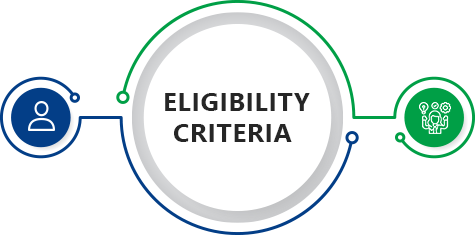
ELIGIBILITY
- Minimum 50% marks in aggregate (45% for reserved category)
- National Level Qualifying Test (CAT/ XAT/ MAT/CMAT/ ATMA) valid score card/ ASBMUEE Test.



